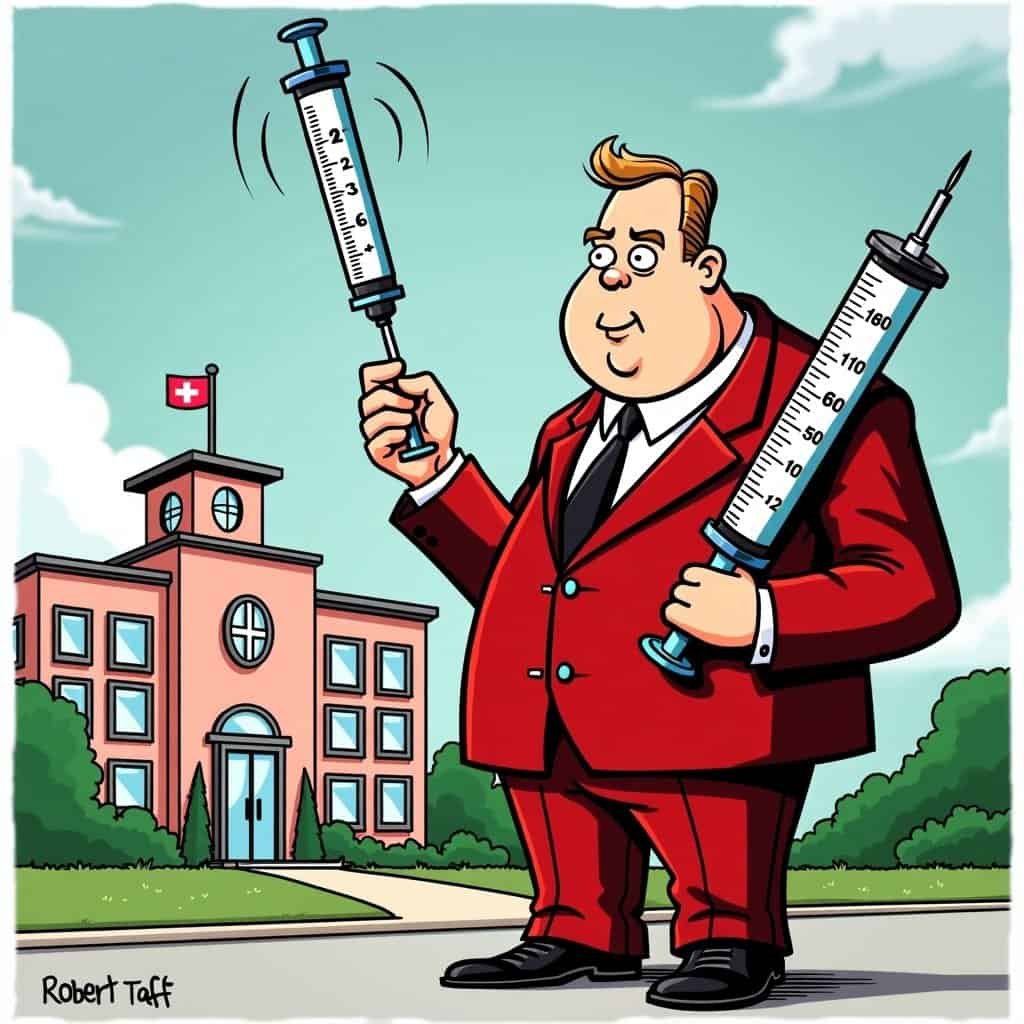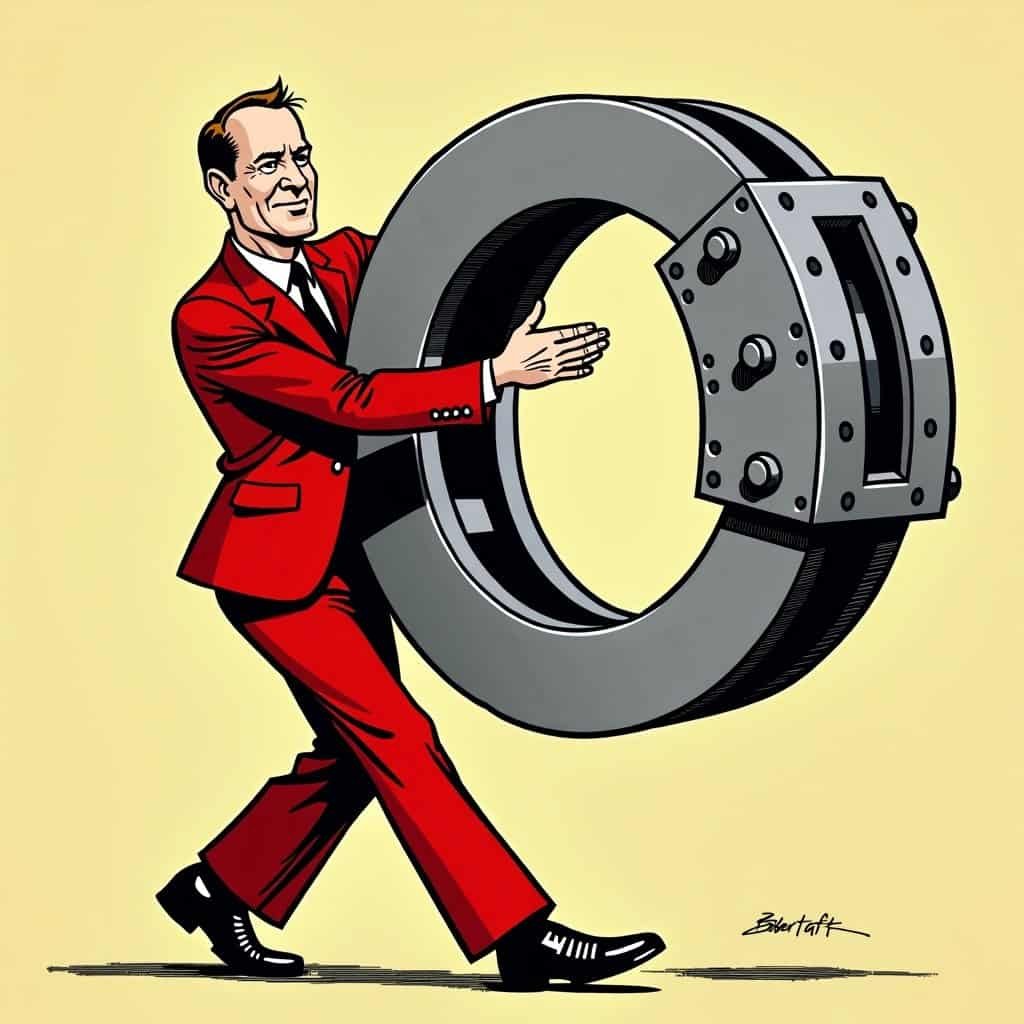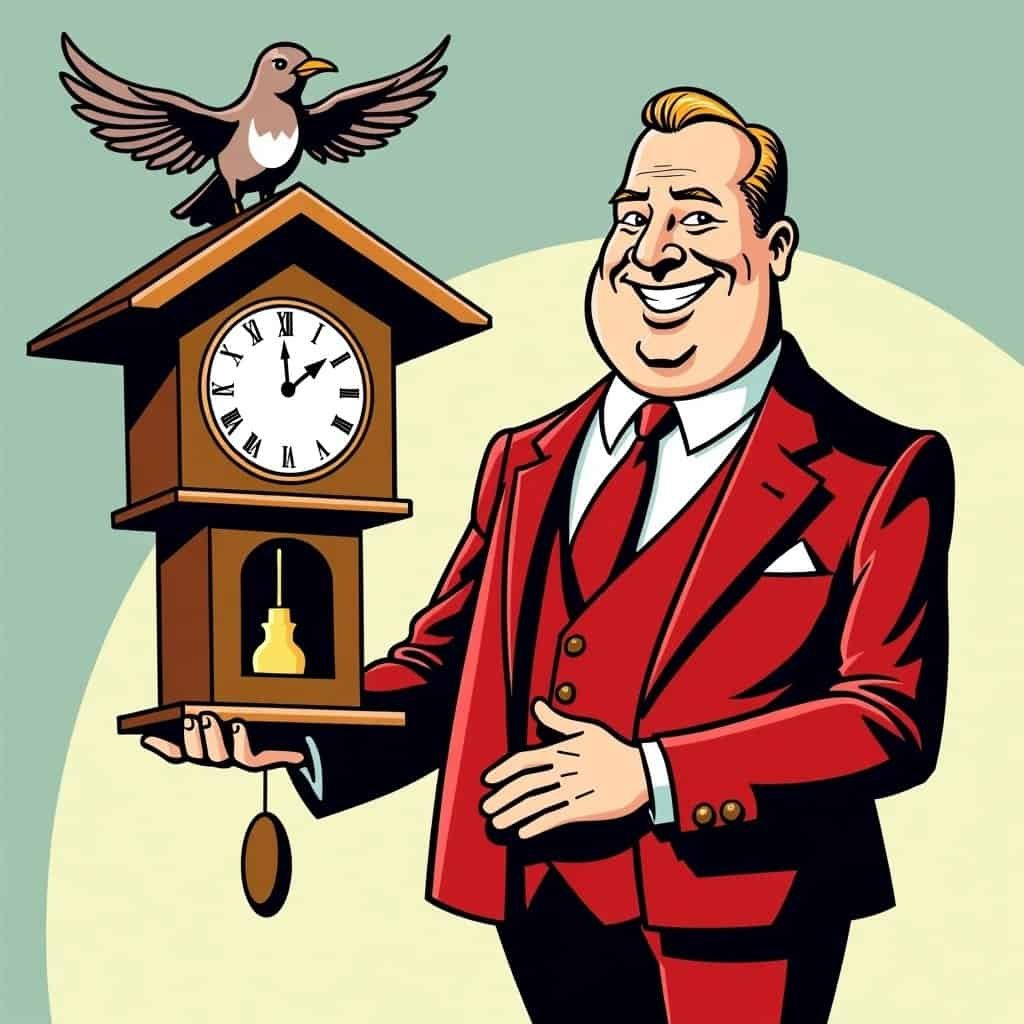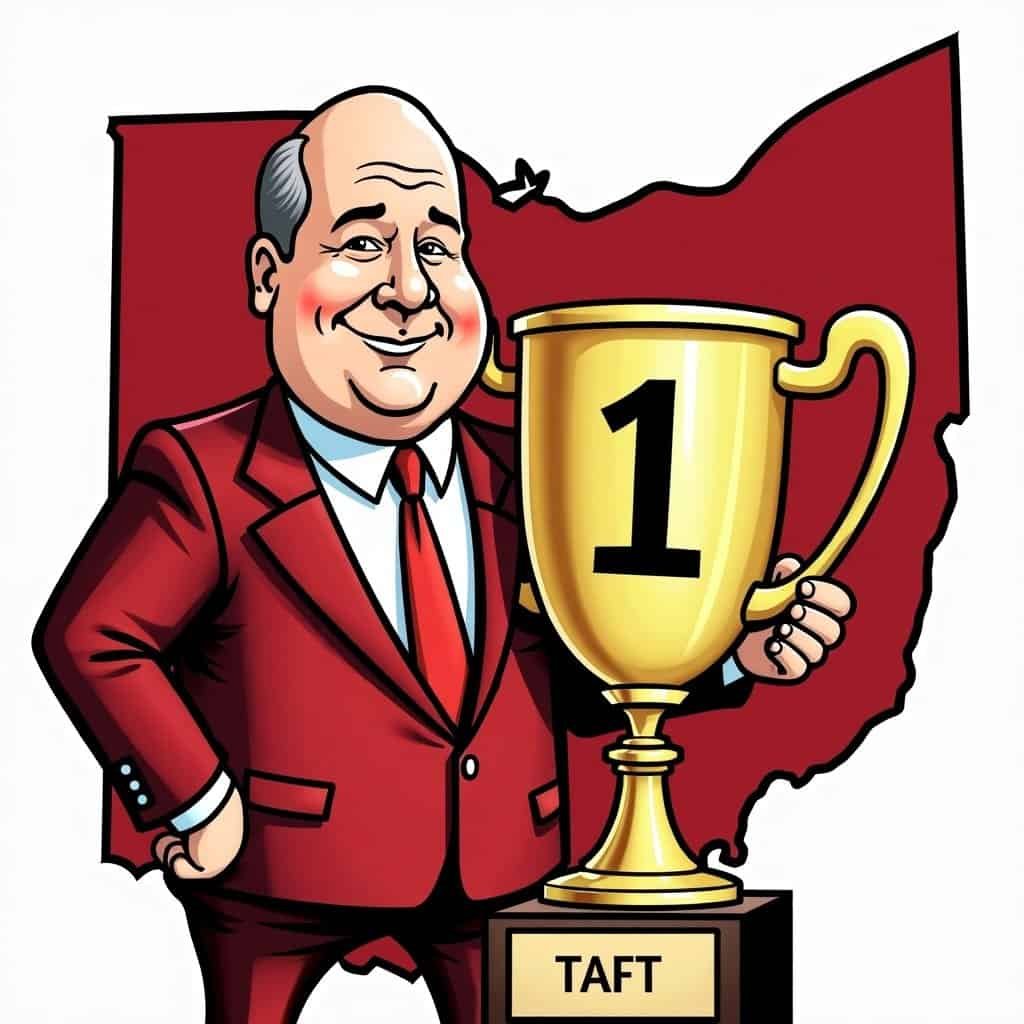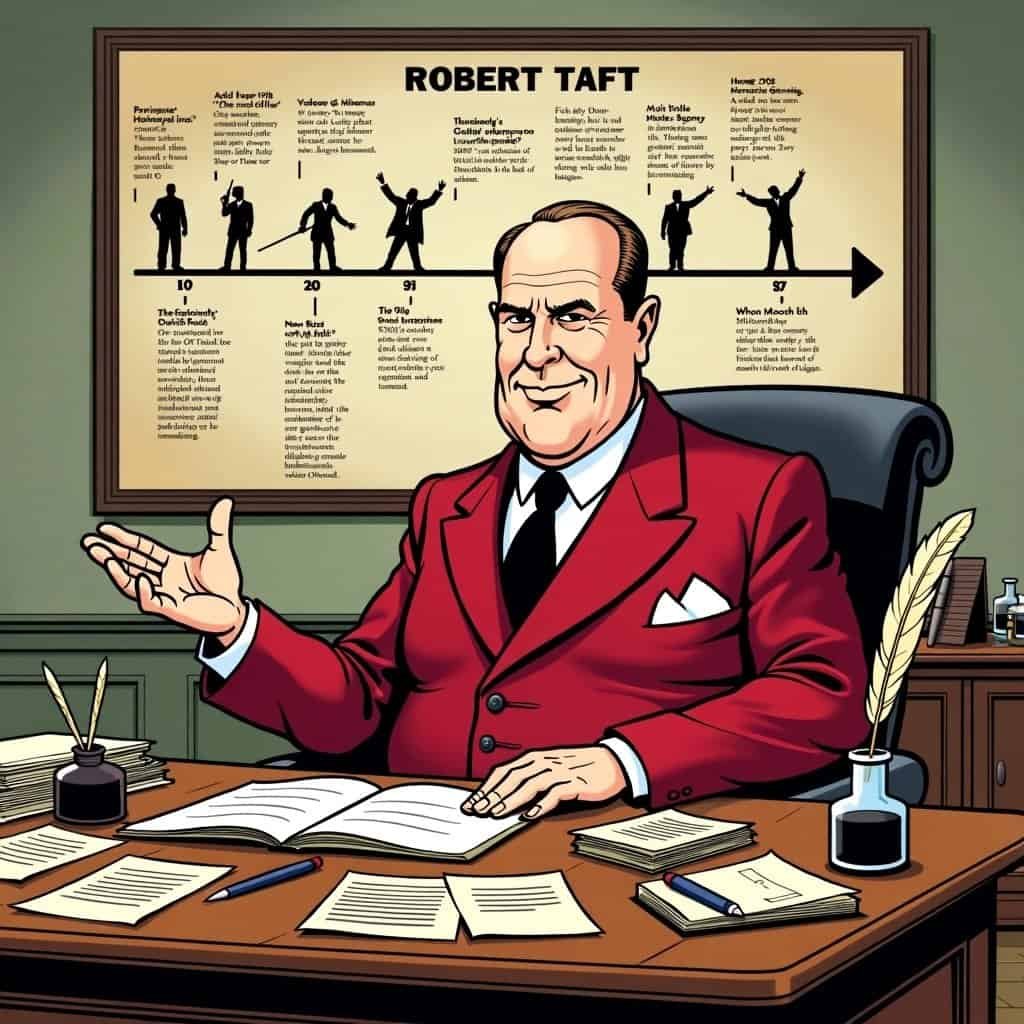Picture Robert Taft, champion of states’ rights in healthcare, probably rolling his eyes at today’s healthcare mandates like a frustrated rancher watching a city slicker try to wrangle cattle. The tale of Taft, often called “Mr. Republican,” takes us back to when individual states had more say in their healthcare policies, each blazing their own trail.
Now, why all this hubbub about states’ rights in healthcare? It boils down to local control and that good ol’ American value of freedom. The founding fathers, much like Taft, figured giving power to the states meant they could tackle their unique needs without Washington playing helicopter parent with unfunded demands and cookie-cutter solutions that fit nobody. States know their people best, no two ways about it.
Back then, Taft saw the federal government sticking its nose where it didn’t belong, like healthcare, and he pretty much said, “Hold your horses!” And boy, considering how federal programs have spread like wildfire at a Fourth of July barbecue, his words still hit home today.
Taft’s Legacy: States’ Rights and Healthcare
| Taft’s Principles | Modern Implications |
|---|---|
| Local Control | Tailored healthcare policies |
| Limited Federal Involvement | Reduced bureaucracy |
| Fiscal Responsibility | State-level budget control |
| Innovation | Diverse healthcare solutions |
Robert Taft stood his ground, fighting for states’ rights like a bulldog guarding its favorite chew toy. He reckoned healthcare decisions should be like whipping up a batch of grandma’s secret recipe chili – seasoned just right with local flavors. After all, a one-size-fits-all meal cooked up in DC won’t hit the spot for 50 different states with their own tastes.
Taft’s ideas fit snugly with conservative values. It’s like pairing a cowboy hat with spurs – individual freedom mixed with community spirit. Conservatives reckon healthcare should be left to the private sector, stirring up competition that leads to better services and lower prices, instead of bloated national insurance plans that move slower than molasses in January.
The Liberal Contrast
On the flip side, liberal policies often bring the feds into healthcare big time. If Taft were around today, he might quip, “The more the government does for you, the more you can bet they’ll end up doing TO you.” It’s a slick trap, one that ties up the budget and gets states hooked on federal cash instead of tapping into good old American know-how and gumption.
Here’s the real kicker: liberal ideas like universal healthcare, for all their warm and fuzzy feels, can put a damper on states trying new things. It’d be like telling a Texas rancher he can’t use his own branding iron – ridiculous! Yet, that’s what happens when healthcare policy gets frozen by federal control. States end up like show ponies, all pretty but unable to kick up any real dust of progress.
Balancing the Books
And let’s not forget: Taft knew the importance of keeping the books balanced and how vital it was to stop Uncle Sam from turning into a high-roller in Vegas, betting away our kids’ futures. By letting states take charge, they can cook up medical services as unique as their people while staying within their financial fences.
So, as healthcare reform breezes across the country, we’d do well to remember Robert Taft, his love for states’ rights, and his nugget of wisdom: the best solutions start close to home, right where the heart is. That’s the real spirit of American healthcare – local, effective, and fiercely independent, just how Taft would’ve liked it.
